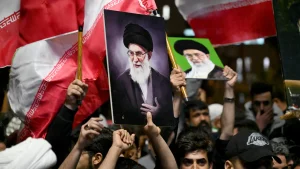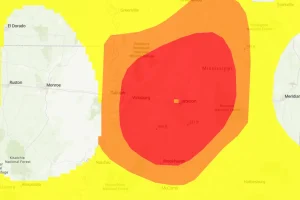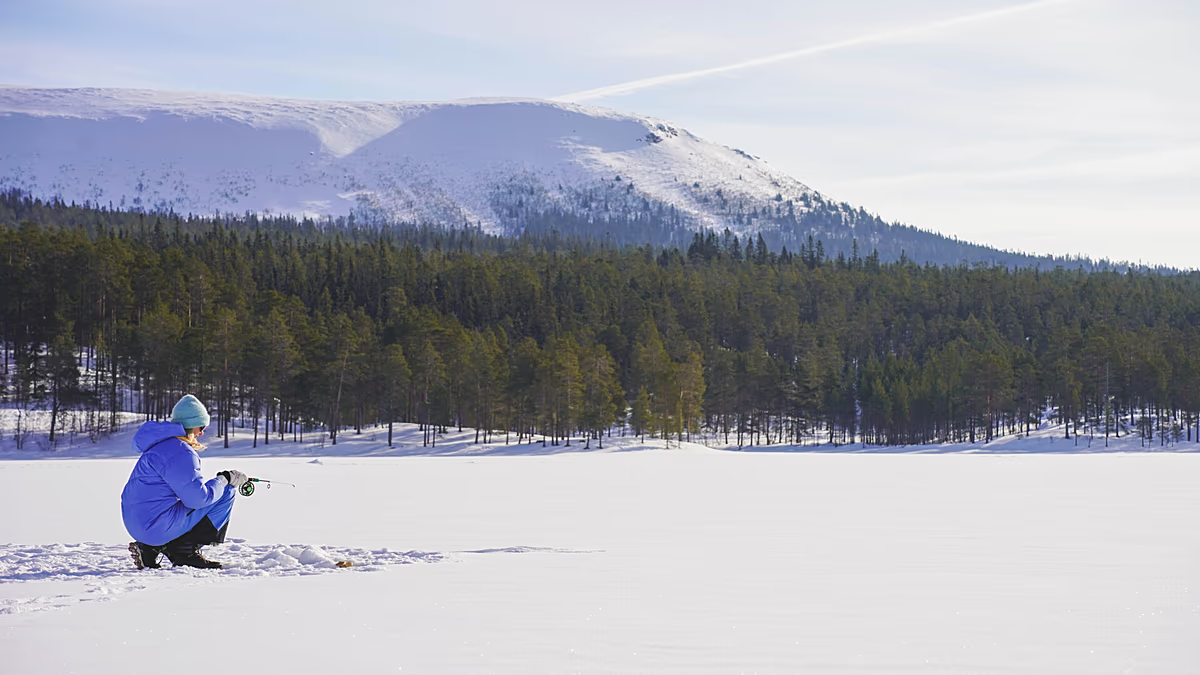Sweden Invites Travelers to Embrace the Joy of Boredom This Winter
In a world where we’re constantly bombarded with notifications, deadlines, and the pressure to stay productive, Sweden is offering something revolutionary: an invitation to do nothing at all. The Scandinavian nation has launched an intriguing end-of-year tourism campaign that flips conventional travel marketing on its head. Rather than promoting action-packed itineraries or must-see attractions, Visit Sweden is encouraging visitors to come and experience the therapeutic power of boredom amidst its tranquil natural landscapes. This unconventional approach taps into a growing desire among travelers to escape the relentless pace of modern life and rediscover the profound value of stillness and unhurried living.
The campaign deliberately steers visitors away from typical winter tourism activities toward experiences that embrace slowness and minimalism. Imagine sitting by a crackling fire while gazing at stars that pepper the night sky, or spending hours on a frozen lake waiting for a fish to bite—activities where the absence of stimulation becomes the main attraction. Sweden is highlighting destinations like Sörmland, where isolated cabins along forest trails offer blissful solitude; Hälsingland, which promotes digital detox stays in areas with limited WiFi; and Lapland, where the extended darkness around Kiruna and Abisko naturally constrains how much activity you can pack into a day. Even something as simple as a long drive along the Wilderness Road (Vildmarksvägen)—Sweden’s highest paved road that winds through forests and mountains where reindeer freely roam—is presented not as a means to reach a destination but as a complete experience in itself.
What makes this campaign particularly striking is how it reframes what might traditionally be viewed as tourism drawbacks into selling points. The long winter darkness, remote locations with spotty internet coverage, and vast stretches of seemingly “empty” landscape are positioned as precious commodities in our attention-saturated world. This strategic repositioning reflects a profound understanding of how contemporary lifestyles have created a new kind of scarcity—the scarcity of unstructured time and mental space. For many potential visitors, especially those coming from bustling urban environments, the opportunity to experience genuine boredom—to sit with their thoughts without the constant intrusion of emails, social media, or entertainment—has become an almost unattainable luxury. Sweden is effectively selling permission to slow down, unplug, and reconnect with a more essential way of being.
This approach to tourism aligns with broader cultural shifts that have been gaining momentum in recent years. The concept of JOMO (Joy Of Missing Out)—a deliberate counterpoint to the anxiety-inducing FOMO (Fear Of Missing Out)—has entered the mainstream consciousness, encouraging people to find satisfaction in opting out of constant activity and connectivity. The growing popularity of nature-based holidays, dark-sky travel destinations that showcase stargazing opportunities, and off-grid cabin retreats all point to a collective desire to escape the tyranny of perpetual stimulation. Even activities like ice fishing outside Östersund or snowshoeing through Jämtland’s pristine landscapes represent a form of mindful engagement with nature that stands in stark contrast to the frenetic pace of everyday life. Sweden’s campaign cleverly taps into this zeitgeist, offering not just a physical destination but an emotional and psychological reset.
Sweden isn’t alone in recognizing this shift in travel preferences. Throughout Europe, destinations are increasingly marketing themselves based on what they lack rather than what they offer. Croatia has been encouraging visitors to explore its quieter coves and smaller coastal towns rather than its famous but crowded islands. Italy, despite struggling with overtourism in its most iconic locations, has started promoting lesser-known coastal areas that offer similar beauty without the crowds. This trend reflects a growing sophistication among tourism authorities, who recognize that for many travelers, especially those from densely populated urban centers, space and silence have become more valuable than Instagram-worthy landmarks or action-packed itineraries. What these campaigns share is an understanding that modern travelers increasingly seek experiences that allow them to temporarily step outside the acceleration of contemporary life.
As we approach the end of 2025, Sweden’s invitation to embrace boredom represents more than just a clever marketing strategy—it’s a timely reminder of what many of us have lost in our hyperconnected existence. The campaign suggests that true luxury might not be found in exclusive experiences or premium accommodations but in the simple ability to do nothing without feeling guilty about it. For winter travelers weary from a year of constant demands, the prospect of sitting by a fire with nowhere to be and nothing that needs immediate attention could be the most compelling attraction of all. Sweden is betting that in our exhausting era of optimization and efficiency, the absence of activity—the space to simply be—might be exactly what draws people to venture north into its winter wilderness. And judging by the growing interest in slow travel and digital detoxing, they may well be right.









